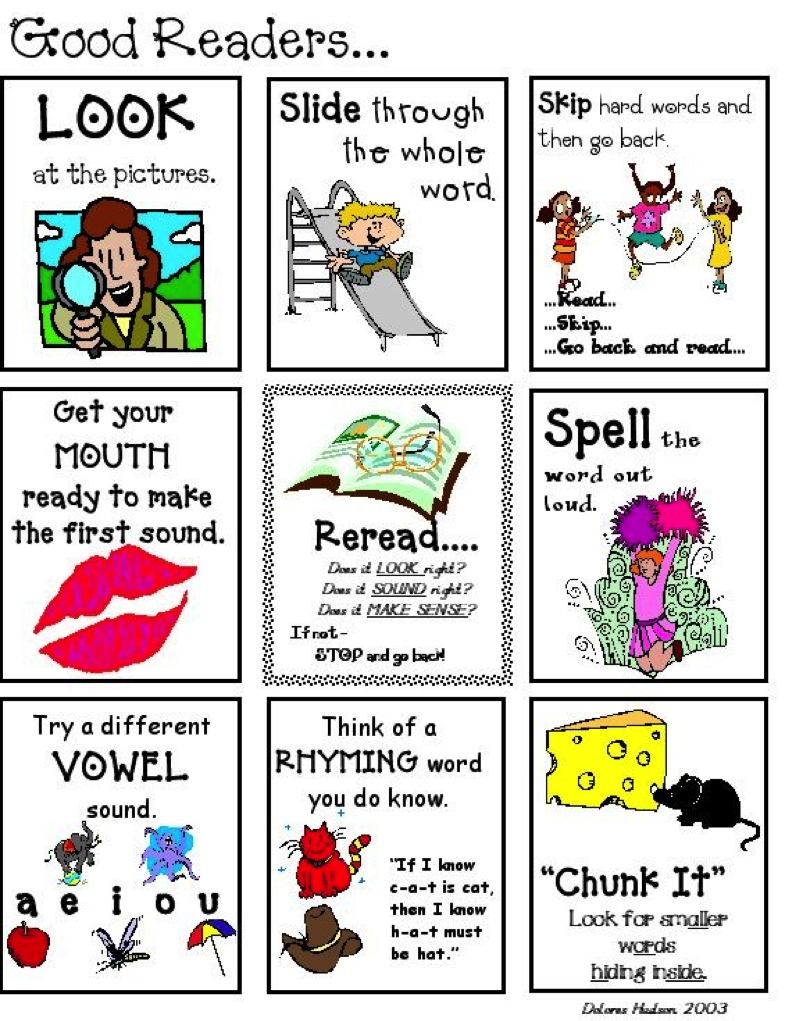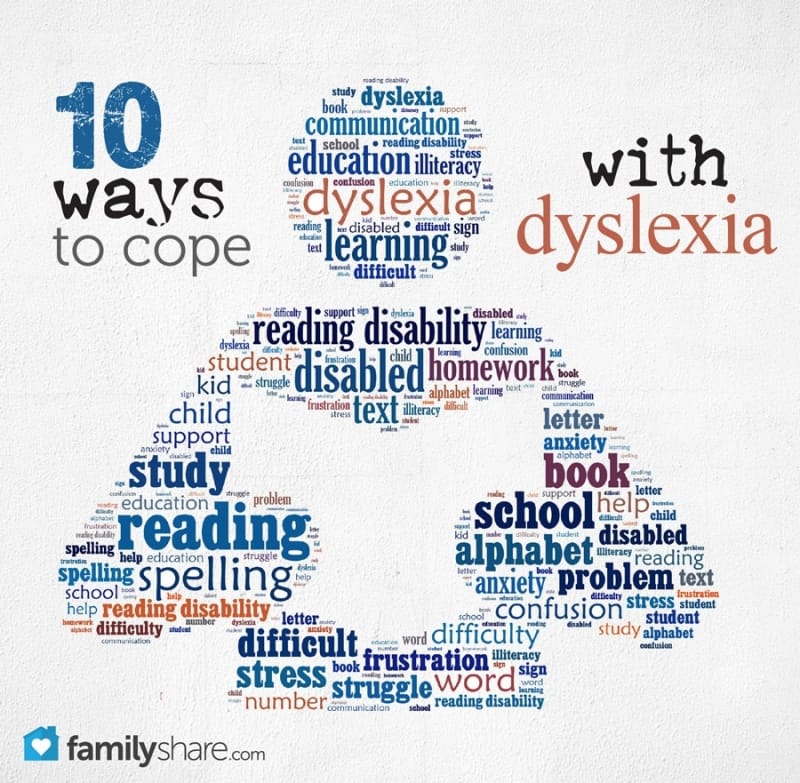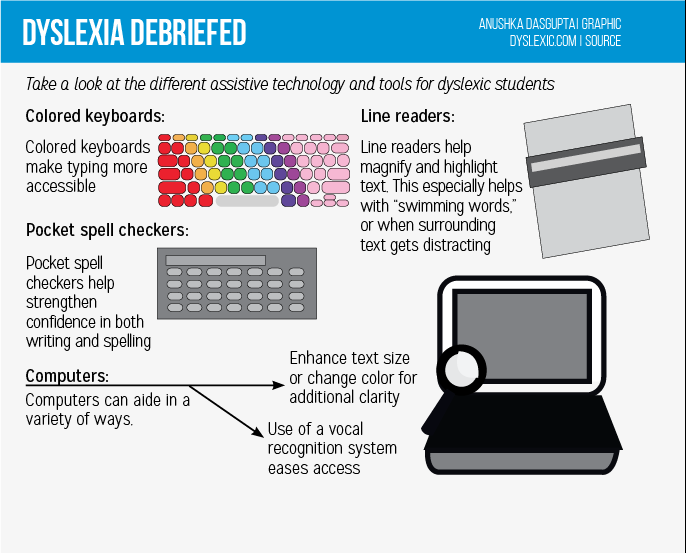Real Tips About How To Cope With Dyslexia

Parents can help their children develop survival skills by:
How to cope with dyslexia. There are a wide range of constantly evolving technologies at the disposal of businesses to help support and nurture dyslexic individuals in. Use mnemonics and short stories to help your child memorise difficult words; Work on your child’s strengths;.
Basically, dyslexia is a common learning disorder that can cause. Talk to others who are dyslexic and listen to success. This research work intends to express disease dyslexia and how the victim should act on it.
Much of the advice and techniques used to help children with dyslexia are also relevant for adults. Many dyslexic people learn to read and write well,. Dyslexia teaches you to budget your time and work hard, and that work ethic will help you no matter what you decide to do in life.
Staying organized is hard when you have dyslexia. First, it is important to recognize the symptoms (see below) early. People with dyslexia often have considerable abilities in areas such as dancing, music, art, mechanical.
Help your child break big tasks into smaller chunks. Don't let your students with dyslexia coast through without having to participate and get involved. Having regular interaction with students gives you the opportunity to give immediate feedback.
To change our perspective of dyslexia from disability to gift, we must start with a clear, accurate understanding of what dyslexia really is, and what causes it. A dyslexic child who finds the acquisition of these literacy skills difficult can also suffer a lot of anguish and trauma when they may feel mentally abused by their peers within the school.


















